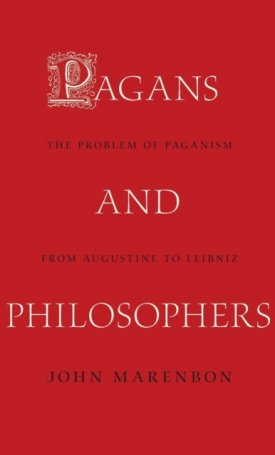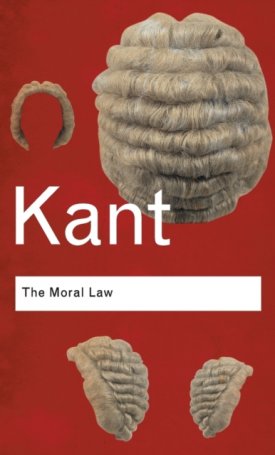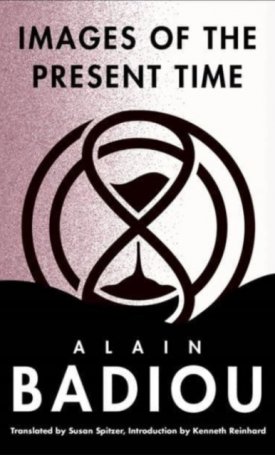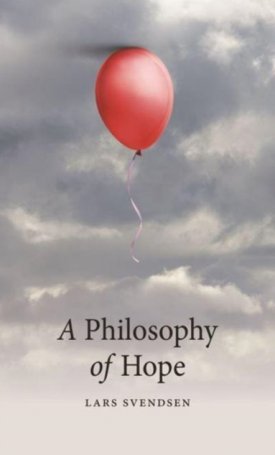Pagans and Philosophers: The Problem of Paganism from Augustine to Leibniz
ISBN: 9780691176086
Language: english
Size: 152*240
Weight: 577 g
Page no.: 368
Publish year: 2015
Pagans and Philosophers: The Problem of Paganism from Augustine to Leibniz
From the turn of the fifth century to the beginning of the eighteenth, Christian writers were fascinated and troubled by the "Problem of Paganism," which this book identifies and examines for the first time. How could the wisdom and virtue of the great thinkers of antiquity be reconciled with the fact that they were pagans and, many thought, damned? Related questions were raised by encounters with contemporary pagans in northern Europe, Mongolia, and, later, America and China.
Pagans and Philosophers explores how writers—philosophers and theologians, but also poets such as Dante, Chaucer, and Langland, and travelers such as Las Casas and Ricci—tackled the Problem of Paganism. Augustine and Boethius set its terms, while Peter Abelard and John of Salisbury were important early advocates of pagan wisdom and virtue. University theologians such as Aquinas, Scotus, Ockham, and Bradwardine, and later thinkers such as Ficino, Valla, More, Bayle, and Leibniz, explored the difficulty in depth. Meanwhile, Albert the Great inspired Boethius of Dacia and others to create a relativist conception of scientific knowledge that allowed Christian teachers to remain faithful Aristotelians. At the same time, early anthropologists such as John of Piano Carpini, John Mandeville, and Montaigne developed other sorts of relativism in response to the issue.
A sweeping and original account of an important but neglected chapter in Western intellectual history, Pagans and Philosophers provides a new perspective on nothing less than the entire period between the classical and the modern world.
John Marenbon is a senior research fellow at Trinity College, University of Cambridge, honorary professor of medieval philosophy at Cambridge, and a fellow of the British Academy. He is the author and editor of many books, including Abelard in Four Dimensions, The Oxford Handbook of Medieval Philosophy, The Cambridge Companion to Boethius, and Medieval Philosophy: An Historical and Philosophical Introduction.
TABLE OF CONTENTS:
Preface ix
A Note on References and Citations xi
Introduction: The Problem of Paganism 1
Part I: The Problem Takes Shape
Chapter 1 Prelude: Before Augustine 19
Chapter 2 Augustine 23
Chapter 3 Boethius 42
Part II: From Alcuin to Langland
Chapter 4 The Early Middle Ages and the Christianization of Europe 57
Chapter 5 Abelard 73
Chapter 6 John of Salisbury and the Encyclopaedic Tradition 95
Chapter 7 Arabi, Mongolia and Beyond: Contemporary Pagans in the Thirteenth and Fourteenth Centuries 109
Chapter 8 Aristotelian Wisdom: Unity, Rejection or Relativism 127
Chapter 9 University Theologians on Pagan Virtue and Salvation 160
Chapter 10 Dante and Boccaccio 188
Chapter 11 Langland and Chaucer 214
Part III: The Continuity of the Problem of Paganism, 1400-1700
Chapter 12 Pagan Knowledge, 1400-1700 235
Chapter 13 Pagan Virtue, 1400-1700 263
Chapter 14 The Salvation of Pagans, 1400-1700 281
Epilogue: Leibniz and China 301
General Conclusion 304
Bibliography 307
Index 339


















